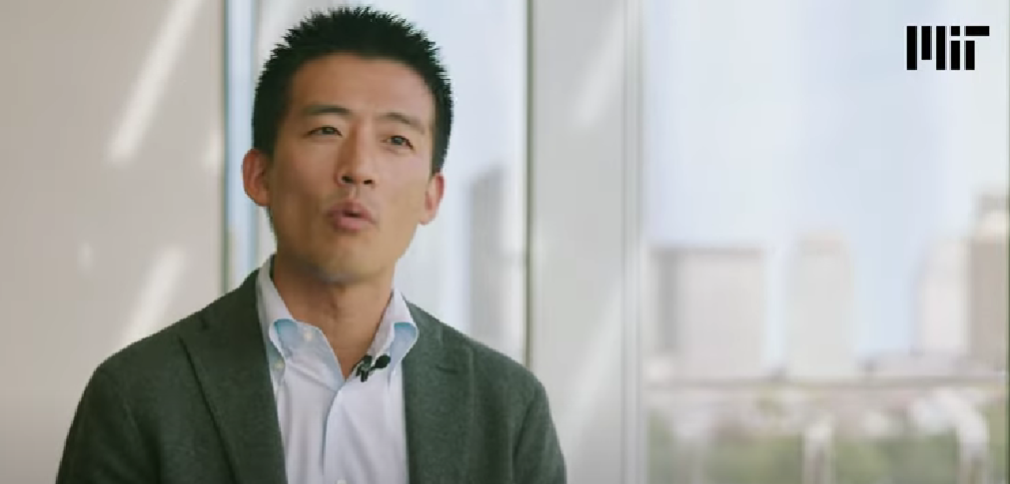Pioneering the Future of Computing with a Quantum Network with Masashi Hirose, Co-founder of NanoQT

Masashi Hirose’s journey from a burgeoning interest in quantum physics to the forefront of quantum technology innovation embodies the spirit of modern scientific entrepreneurship. His path led him from early academic pursuits to the establishment of Japan’s pioneering quantum hardware-focused startup, NanoQT. This company, rooted in his doctoral studies under Professor Paola Cappellaro at MIT, reflects a commitment to leveraging quantum computing for societal benefit.
Recently, Hirose featured in a short film by the MIT Department of Nuclear Science and Engineering where he explained the essence and potential of quantum computing.
“The quantum computer by itself is a tool that people might not see, but the questions that a quantum computer addresses is very impactful on society,” he said in the video.
This perspective underscores the foundational vision of NanoQT. The startup aims to harness the power of quantum computing to address challenges that are beyond the reach of current technology, particularly in the realm of environmental sustainability. Hirose further highlighted the unique capability of quantum computers.
“For example, only a quantum computer can identify the better catalyst of chemical reactions to reduce the CO2 significantly,” he said. This insight directly links the mission of NanoQT to critical global issues such as climate change, showcasing the potential of quantum solutions in making significant environmental impacts.

NanoQT’s mission is ambitiously centered on the development of quantum hardware, which Hirose describes as being capable of integration “directly into the existing fiber network for communication or synchronization with other computational units.” This strategic approach not only aims to enhance computational capabilities but also to pave the way for the creation of a quantum network, or “the internet of quantum computers,” as Hirose envisions. Such a network is vital for tackling “problems that the existing computer cannot tackle,” offering a new horizon for computational problem-solving.
The societal implications of Hirose’s work are profound. He envisages a future where quantum computing plays a crucial role across various sectors.
“The quantum computer is coming, within decades for sure,” said Hirose. “It will make a huge impact in a variety of areas that the current technology cannot address.” This forward-looking statement encapsulates the transformative potential of quantum computing, suggesting a paradigm shift in how we approach complex problems, from global warming to intricate chemical reactions.
NanoQT, under Hirose’s leadership, represents a significant step toward the realization of a quantum-based internet. This vision extends beyond mere technological advancement — it’s about crafting a future where quantum computing contributes to solving some of the most pressing societal challenges. Hirose’s narrative is not just one of scientific achievement but a beacon for entrepreneurial scientists worldwide, demonstrating how innovative thinking and a deep understanding of quantum physics can lead to innovative solutions with the power to reshape our world.
Featured image: Credt: MIT Department of Nuclear Science and Engineering
